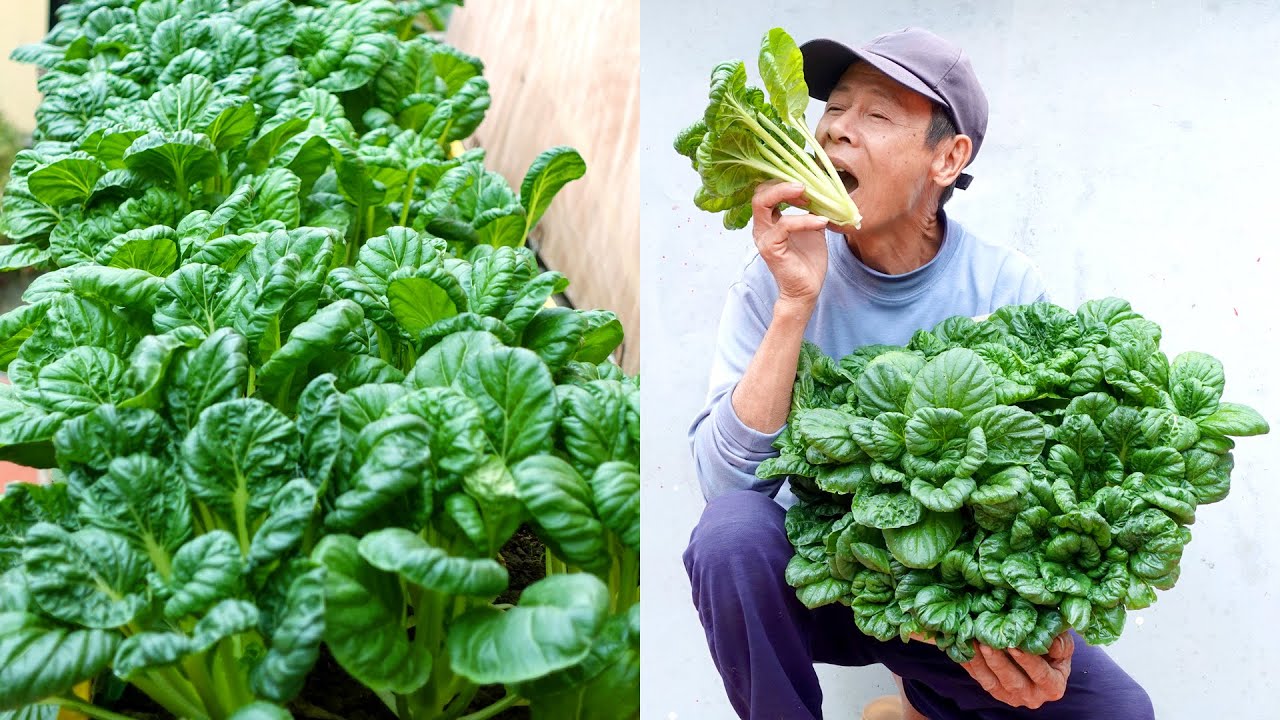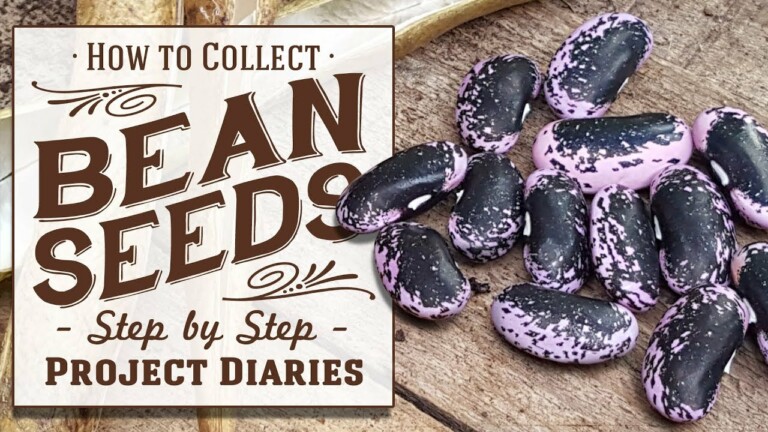★ How to: Collect Free Blueberry Seeds from Food Waste (A Complete Step by Step Guide)
Hello, readers! I’m excited to share with you my expertise on how to collect free blueberry seeds from food waste. In this comprehensive guide, I will take you through the entire process, step by step. So, sit back and let me lead you towards a cost-effective and sustainable way of growing your own blueberry bushes right at home. So, let’s get started with this exciting journey together!
How to: Collect Free Blueberry Seeds from Food Waste (A Complete Step by Step Guide)
Introduction:
Blueberries are not only delicious, but they are also packed with nutrients and antioxidants. If you’re a fan of these little fruits, did you know that you can collect blueberry seeds for free from food waste? It’s a fun and sustainable way to grow your own blueberry plants. In this article, I will show you a step-by-step guide on how to collect blueberry seeds from food waste or shop-bought blueberries.
H2: Get Locally Sourced Blueberries to Ensure They Are Not Irradiated
If you’re planning to collect blueberry seeds, it is best to use locally sourced blueberries. Locally sourced blueberries are less likely to be irradiated, which can affect the viability of the seeds. Check with your local farmers’ market or grocery store for fresh, organic blueberries. By using locally sourced blueberries, you increase your chances of successful seed germination.
H2: Use a Blender to Blitz the Blueberries with Water
Once you have your fresh blueberries, it’s time to start the seed extraction process. First, rinse the blueberries to remove any dirt or residues. Then, place the blueberries in a blender. Add a small amount of water and blitz them until you have a smooth mixture. You want to break down the fruit and release the seeds.
H2: Pour the Mixture into a Bowl and Separate the Pulp from the Seeds
After blending the blueberries, pour the mixture into a bowl. You will notice that the mixture consists of pulp and seeds. To separate the pulp from the seeds, use a spoon or your fingers to gently remove the pulp. Transfer the pulp to another container. You can use the pulp for making delicious smoothies or as compost for your garden.
H2: Spread the Seeds on a Clean Piece of Kitchen Roll to Dry
Now it’s time to focus on the seeds. Take a clean piece of kitchen roll or paper towel and spread the blueberry seeds on it. Make sure the seeds are evenly distributed and not clumped together. The kitchen roll will absorb any moisture from the seeds and help them dry more quickly.
H2: Another Technique is to Sift the Mixture Through a Tea Strainer to Separate the Seeds
If you prefer an alternative method, you can also sift the blueberry mixture through a tea strainer. Place the tea strainer over a bowl and pour the mixture into it. Gently shake the strainer to allow the pulp to separate from the seeds. The pulp will float on top, while the seeds will sink to the bottom of the bowl. Carefully remove the pulp and transfer the seeds to a clean, dry surface.
Conclusion:
Collecting blueberry seeds from food waste or shop-bought blueberries is a simple process that anyone can do at home. By following the steps outlined in this guide, you can gather free blueberry seeds and start growing your own blueberry plants. Remember to use locally sourced blueberries to increase the chances of successful seed germination. Whether you choose to spread the seeds on kitchen roll or sift them through a tea strainer, the end result will be a bounty of blueberry seeds ready for planting.
FAQs:
-
Can I collect blueberry seeds from frozen blueberries?
Yes, you can collect blueberry seeds from frozen blueberries. Just make sure they are thawed before starting the seed extraction process. -
How long does it take for blueberry seeds to dry?
Blueberry seeds usually take around an hour or more to dry in a warm room. Make sure they are completely dry before storing or planting. -
Can I collect seeds from all types of blueberries?
Yes, you can collect seeds from all types of blueberries. However, keep in mind that hybrids may not grow true to the parent plant. -
How should I store the collected blueberry seeds?
To store blueberry seeds, place them in an airtight container or seed packet. Store them in a cool, dry place until you’re ready to plant them. -
When is the best time to plant blueberry seeds?
The best time to plant blueberry seeds is during the early spring when the soil temperatures start to warm up. This will give the seeds the best chance of germination and growth.



